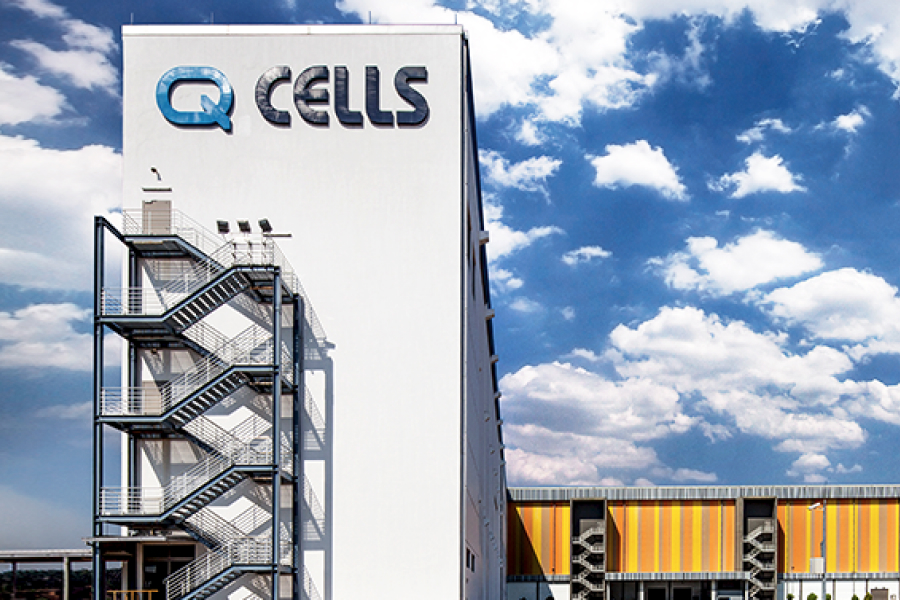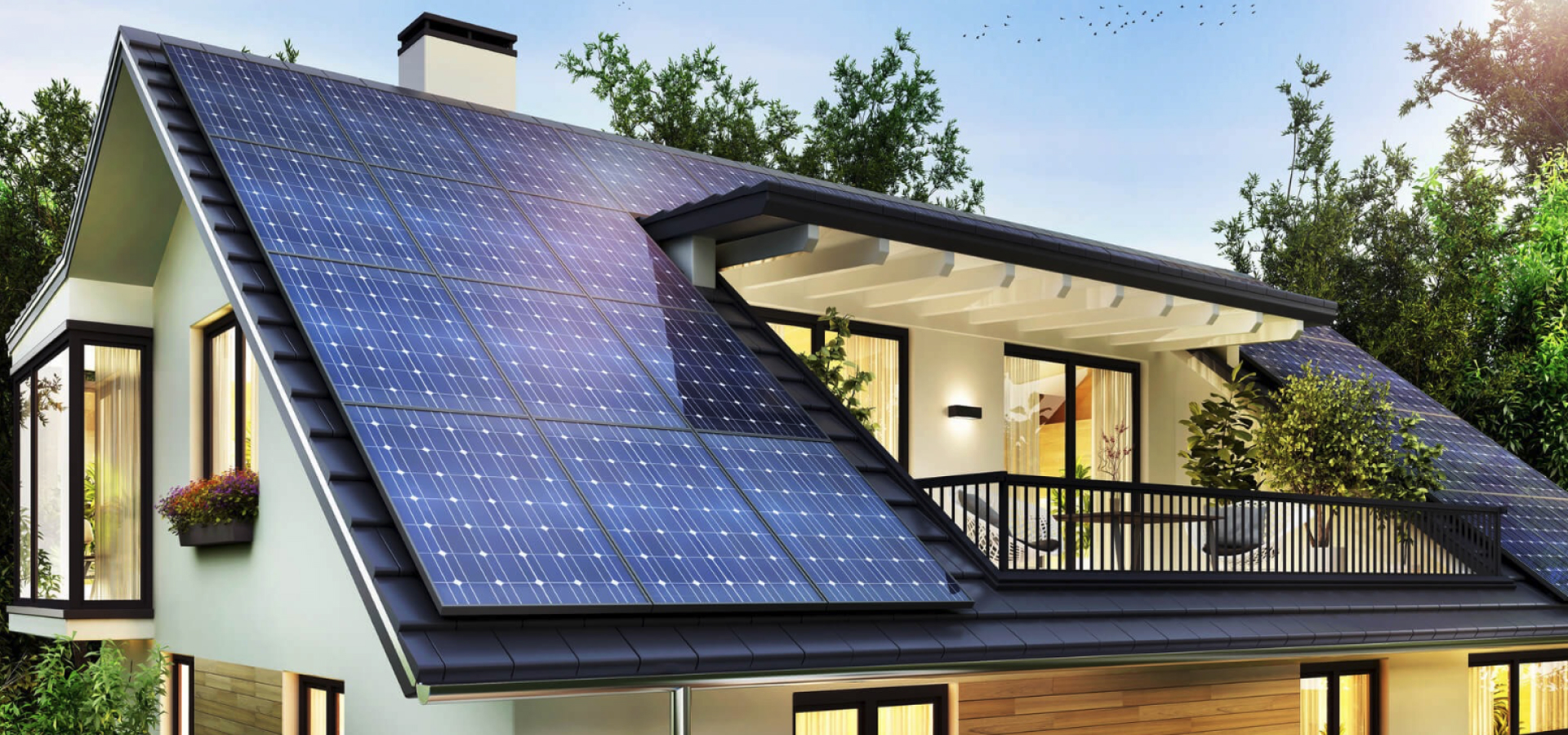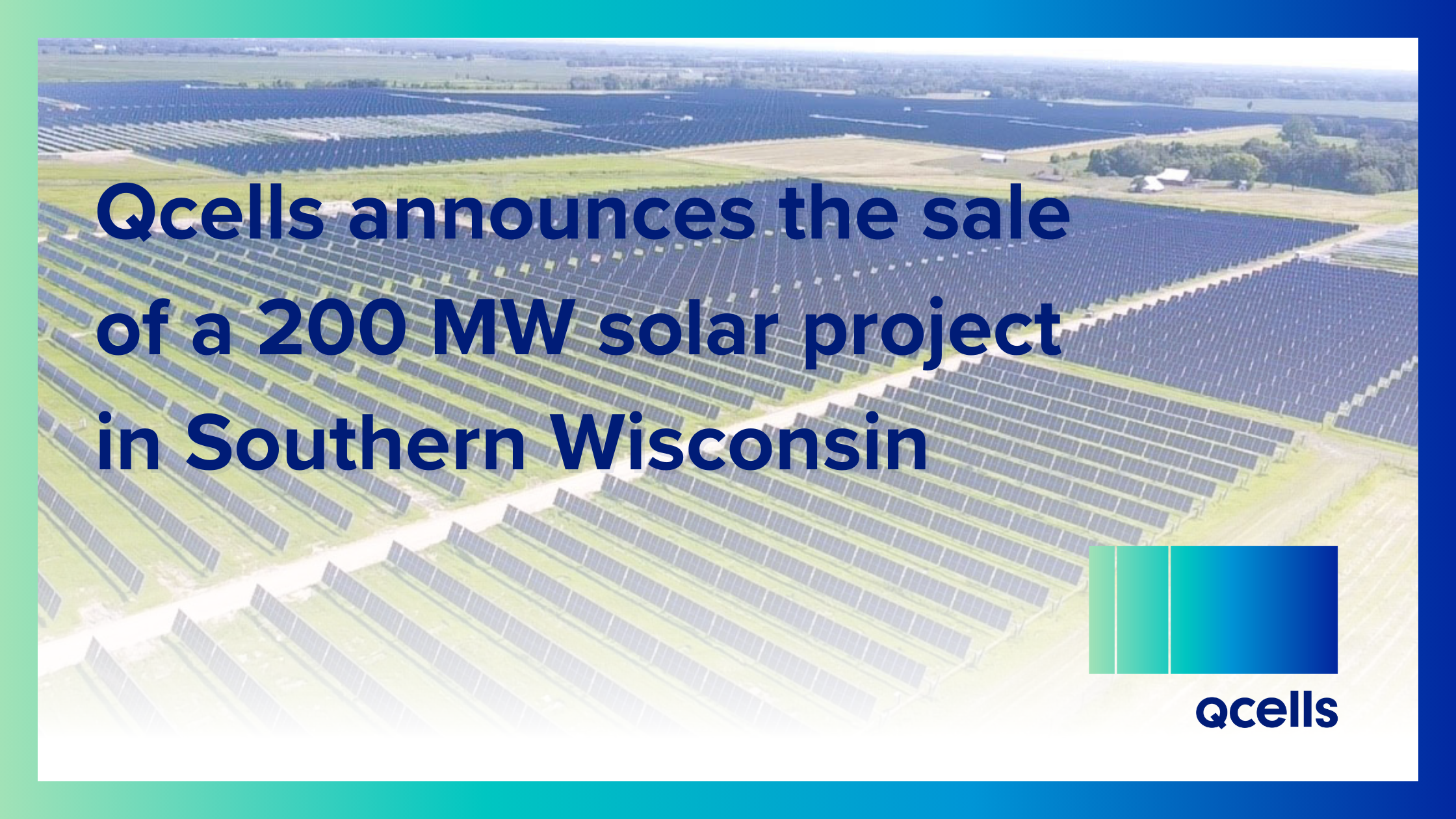- Climate change is here and it’s real. The recent increase in natural disasters occurring worldwide is proof.
- Extreme weather conditions can shut down power plants and rob you of your electricity.
- A home solar generation system combined with an energy storage system will keep your home running if that happens.
Early this year, a historic cold wave devastated the state of Texas in America. Frozen power plants left over 4.3 million homes without electricity, and production facilities shut down, leaving the entire state in the dark. The huge extent of the damage that occurred was in part due to the fact that Texas’s infrastructure was built without taking the potential for extreme cold into account. After all, why would it have been? Texas typically enjoys mild winters with temperatures hovering above 10 ℃, even at its coldest. Residents were left without power and water, and industrial facilities that require a long time to start up again after a power outage were financially impacted.
But this is not just a Texas problem. Today, there’s no telling which city or country will be hit next with a cold wave, a heat wave, floods, or a hurricane. These disasters are primarily caused by global warming related to greenhouse gas emissions. Experts have long been warning us about global warming, but their warnings were not met with the necessary actions because we hadn’t yet experienced the consequences of the damage we were doing to the planet. Both the Texas cold wave and the flooding of Henan province in China this year are clear signs that global warming needs to be dealt with now—that is, if it’s not too late already. So what’s the first thing we should do to combat climate change? We have to change the way we use energy. Most greenhouse gas is produced during the production and consumption of energy, so just changing how we produce and use energy can help greatly. A major solution in this regard is home solar technology. By installing a home solar generation system, you can produce the electricity you need at home.


“How about a solar energy system for your home?”

US solar company and solar panel comparison website Solar Reviews ran a survey of 400,000 households that had requested a quote on having a solar energy system installed between 2016 and 2020. It found that the number one motive of these consumers was the savings on power bills a solar energy system would grant them. While the extent of these savings would vary from region to region, home solar energy systems do noticeably reduce home energy spending. Americans have seen their electricity bills rise by an average of 3% each year for the last 10 years, and with this pattern expected to continue, it’s likely that their interest in home solar technology will also increase.
The second reason was “because they wanted to reduce carbon emissions”—these are environmentally aware people who wanted to go green for the environment’s sake. Indeed, the UK environmental organization Energy Saving Trust found through studies that installing a solar energy system in just one home can reduce greenhouse gas emissions by 1.3 to 1.6 tons per year. This is equivalent to the Earth-healing effect of planting 2,000 30-year-old pine trees.
The third and last reason was “to ensure that I have electricity in a disaster.” Having witnessed the planet take its revenge in the form of natural disasters, these people are concerned and want to make sure they have electricity if and when their area is the next one hit. It’s understandable. A freezing cold winter in Texas of all places was the last possibility on anyone’s mind, but it happened, and we can rest assured that something similar will happen again somewhere else.
“Uhh… Naw, think I’m good.”

Despite the compelling value a solar energy system provides, the main reason why most were hesitant to go ahead with its installation was “because it’s expensive.” Another reason was a lack of knowledge. Many don’t bother having a system installed because they lack the seemingly “tedious” information—such as how to go about obtaining the necessary permits, and how to have a system installed in general. This is why consumer campaigns are needed to rouse potential ‘greenies’ to action.
“Oh yeah!”

or the greenies that rose above the daunting installation cost and the tribulations of doing the necessary research, one of their main motives for having a solar energy system installed in their home was “tax benefits.” Sixty percent of the survey respondents indicated “federal tax benefits” were the most attractive incentive, while forty-seven percent said “state/community tax benefits” were. Another 43% answered that “net metering” was. Net metering is, among other things, a credit system that allows home solar energy system owners to sell leftover energy. So basically, you can power your home yourself and sell any surplus energy you don’t need for money. In 1983, the US became the first in the world to adopt net metering. As of 2020, net metering is in practice in 44 states. As many as 90% of American net metering users are home solar energy system owners.
Albeit a step or two behind, Korea also adopted net metering in 2005 to promote small-scale renewable energy resources. The Korean government’s “Renewable Energy 3020” initiative has steadily increased the prevalence of home generation in Korea, and with it net metering usership. As recently as 2015 there were only around 100,000 homes in Korea using net metering, but by 2020 this number had increased by more than 4 times to reach 440,000.
Getting the most out of your home solar energy system

The rising interest in home solar energy systems is also increasing interest in energy storage systems. An energy storage system lets you use leftover electricity at another time, giving you more control over the electricity produced by your solar energy system. Of the survey respondents who installed a home solar energy system, 11.5% also installed an energy storage system, with 88.7% of them installing it within 6 months after the home solar energy system. The proportion of home solar energy system owners who also install an energy storage system is increasing by leaps and bounds each year. Compared to 2016, when less than 5% of home solar energy system owners had an energy storage system, 71% had an energy storage system in 2020, meaning that 7 out of 10 home solar energy system owners had an energy storage system as well. One interpretation of this statistic is that consumers want to have a stable supply of electricity from their home solar energy system in the event of a crisis such as a natural disaster.
The survey respondents who owned an energy storage system indicated that “energy resilience” was very important to them. Energy resilience is an indicator of how quickly a person or group can restore their normal energy capacity after a critical event. With all of the natural disasters affecting different parts of the world and cutting off the power supply, the Texas power crisis of this year being a prominent example, the demand for energy storage systems will only increase.
Make the smart choice

With so many businesses out there offering home solar energy products and services, once you decide to purchase a home solar generation system you may find yourself spoiled for choice. Solar Reviews selected Hanhwa Qcells as one of the “best 20 brands of solar panels” in 2021 based on an aggregate customer rating of 4.81 out of 5. Customers report they are happy with the quality of Hanhwa Q CELLS products and services.
Durability and efficiency are among the features that Hanhwa Q CELLS purchasers are praising. Hanhwa Q CELLS is recognized as a top solar technology brand around the world, having led the US residential photovoltaic module market for three consecutive years and been crowned as a top solar technology brand in Europe and Australia for eight and six years running, respectively.
A home solar energy system will keep your household running should your part of the world fall victim to one of the series of natural disasters that’s been threatening us of late. More importantly—and this actually addresses the cause of Mother Nature’s wrath we’ve been witnessing lately—it heals the planet. So go on. Say yes to the security of your home, and to the future of our planet.





 USA & Canada
USA & Canada Korea
Korea Germany
Germany United Kingdom
United Kingdom France
France Italy
Italy Netherlands
Netherlands Greece
Greece Poland
Poland Portugal
Portugal Hungary
Hungary Spain
Spain Australia
Australia Japan
Japan